
The John Quincy Adams Fellowship brings together a selective group of advanced foreign policy practitioners who are currently guiding America’s strategic and diplomatic efforts. Over nine months, fellows examine the fundamentals of American grand strategy, the realities of great power competition across multiple theaters of conflict, and the asymmetrical foreign threats to freedom and prosperity. Issues explored include isolationism and alliances, foreign commerce and economic warfare, political development and human rights, public diplomacy and strategic influence, as well as means and ends in land, sea, air, cyber, and space.
Intended for mid-career foreign policy professionals who are U.S. citizens, its purpose is to provide participants with the opportunity to explore these issues in cooperation with other similarly situated practitioners under the guidance of leading American economic, diplomatic, military, and intelligence officials. Applications from non-U.S. citizens will not be considered. The program consists of two brief retreats in the DMV area and a series of monthly off-the-record dinner conversations in Washington, D.C.
The John Quincy Adams Fellowship convened in 2022 and 2023, and is not currently accepting applications.
Questions about this fellowship can be directed to fellowships@commonsensesociety.org.

Mr. Zackariah Crahen is a West Point graduate and combat arms veteran. He currently works at the Defense Innovation Board (DIB) based in Washington, D.C. Zackariah co-led the DIB’s assessment of the National Defense Science and Technology Strategy, and was published in its final product, An Innovation Strategy for the Decisive Decade National Defense Science & Technology Strategy Review Task Force. He received his M.A. in public policy from the University of Chicago’s Harris School of Public Policy in 2022 with concentrations in global conflict resolution and international development.
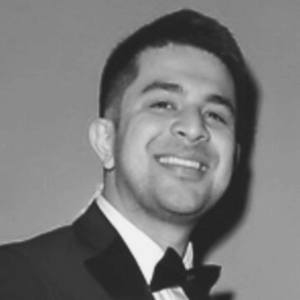
Mr. Jacob DePeralta is a policy analyst with the House Foreign Affairs Committee majority staff. He has worked on the Hill for over three years, covering foreign relations and national security issues with Members and Committees in both chambers of Congress. He received his undergraduate degree in business from Missouri State University in 2017, his M.A. in international relations and national security from Pepperdine University in 2022, and is an alumnus of Common Sense Society’s Founders Foreign Policy Fellowship.
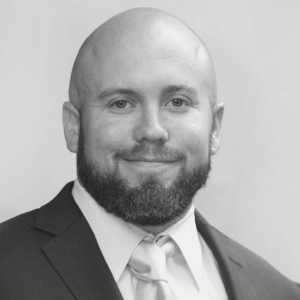
Mr. Sean Durns is a foreign affairs analyst in Washington, D.C. His writings and research have appeared in Newsweek, the Washington Examiner, the National Interest, the Washington Free Beacon, National Review, and The Hill and have been cited by Fox News, the Wall Street Journal, and elsewhere. He received his M.A. in international history from the London School of Economics.
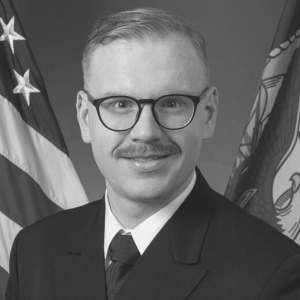
ENS Christopher Fusco received his commission from the United States Navy’s Officer Candidate School in October 2021, and has since reported as an operations officer to the National Security Agency’s Expeditionary Operations Support Group. He provides support to combatant commanders and joint special operations forces around the world. Christopher received his B.A. in physics and an interdisciplinary minor in peace and conflict studies from the College of the Holy Cross in 2020.
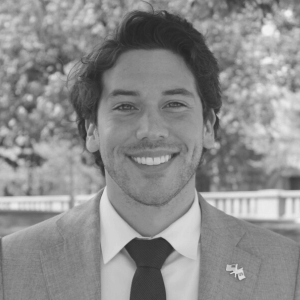
Mr. Joseph Guy is chief of staff for Congressman Brandon Williams (NY-22). He previously worked in the Office of the White House Liaison at the United States Agency for International Development (USAID) under appointment by the Trump Administration. He has worked in various capacities in the House of Representatives, and as director of programs at the Club for Growth Foundation. Joseph received a B.A. summa cum laude in economics from Syracuse University and an M.A. in public policy from Georgetown University.
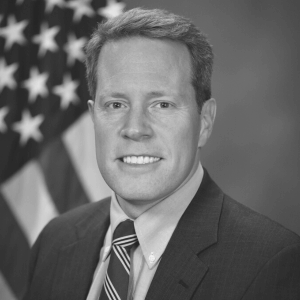
Mr. Alan Hanson is a member of the Senior Executive Service at the U.S. Department of Justice where he serves as director of its Appropriations Liaison Office. He previously served as deputy chief of staff to the secretary at the U.S. Department of Transportation, as an acting assistant attorney general of the U.S. Office of Justice Programs, and as the second-longest serving chief of staff to retired U.S. Senator Richard Shelby. He earned a B.E. magna cum laude from Vanderbilt University and a J.D. cum laude from Georgetown Law.

Ms. Grayce McAllister is the communications director at the Council of American Ambassadors. She previously served as a liaison for AFS-USA in the Middle East and as a crisis counselor with Crisis Text Line, prompting her professional interest in foreign policy and international affairs. Grayce received a B.S. in international business from Emporia State University in Kansas.
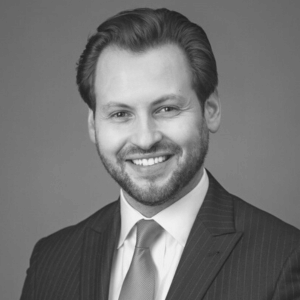
Dr. Jacob Olidort is director of research at the Jewish Institute for National Security of America’s Gemunder Center for Defense and Strategy. He previously served in a range of national security roles across the U.S. government, including in the office of former Vice President Mike Pence and as foreign policy advisor to two U.S. senators. Jacob was a term member in the Council on Foreign Relations, a Fulbright scholar to the United Arab Emirates, and a Rhodes Scholarship finalist. He received a B.A. in history and Islamic and Middle Eastern Studies magna cum laude from Brandeis University, an A.M. in Near Eastern languages and civilizations from Harvard University, and M.A. and Ph.D. degrees in Near Eastern studies from Princeton University.

Ms. Kristina Olney is the executive director of the Victims of Communism Remembrance Alliance. She previously served for six years as the director of government relations at the Victims of Communism Memorial Foundation. She previously helped to found and direct the advocacy efforts of In Defense of Christians. She also helped lead Foreign Policy Initiative’s government relations and young leaders programs. Kristina served for two years on Capitol Hill in the U.S. Commission on International Religious Freedom and as a fellow on the House Foreign Affairs Committee for Congressman Chris Smith (R-NJ).
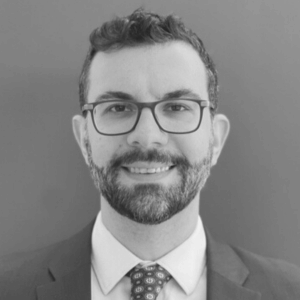
Mr. Adam Savit is Director of the China Policy Initiative at America First Policy Institute. He previously founded the Center for Security Policy’s China Program after holding senior research and communications roles at the organization. He served for five years as President of Log Cabin Republicans of DC, transforming the flagship chapter of the conservative LGBT organization into a vital liaison to Congress. Adam holds a B.A. in history and international relations from Penn State University.
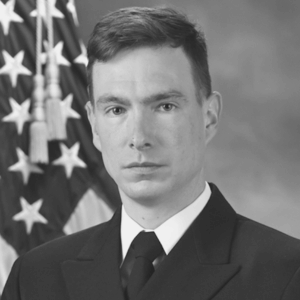
LT Morgan Thomas is an active-duty Naval Officer with multiple deployments supporting Joint SOF in the INDOPACOM AO as a Cross-Strait subject matter expert and Mandarin linguist. He has also provided maritime domain awareness and intelligence briefings to the Joint Chiefs of Staff J2 and the President’s Daily Brief (PDB) in his role at the Office of Naval Intelligence. He is currently in a Department of Commerce Technology Fellowship at Thomson Reuters Special Services. He holds an M.A. in Political Science from the University of British Columbia and a B.A. in History and Chinese Language from Christopher Newport University. He was also a Fulbright Scholar on Jinmen, Taiwan.
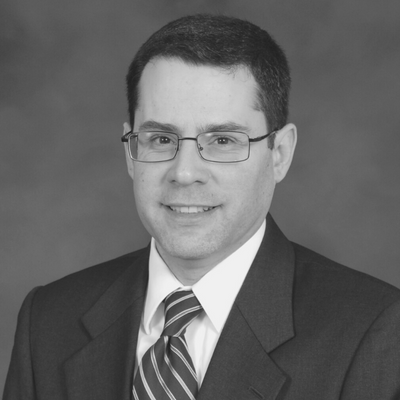
Dr. Michael Auslin is the Payson J. Treat Distinguished Research Fellow in Contemporary Asia at the Hoover Institution; a senior fellow at the Foreign Policy Research Institute; and a senior fellow at London’s Policy Exchange. He was formerly an associate professor at Yale University, a resident scholar and director of Japanese studies at the American Enterprise Institute, a Fulbright Scholar, and a German Marshall Fund Marshall Memorial Fellow. He was also named a Young Global Leader by the World Economic Forum. Auslin is the author of six books, including Asia’s New Geopolitics: Essays on Reshaping the Indo-Pacific and the best-selling The End of the Asian Century: War, Stagnation, and the Risks to the World’s Most Dynamic Region.
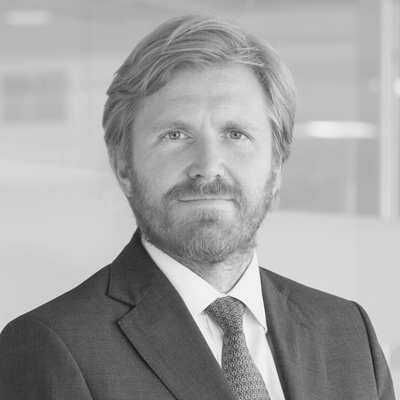
Mr. Elbridge Colby is co-founder and principal of The Marathon Initiative and author of The Strategy of Denial: American Defense in an Age of Great Power Conflict. He was Deputy Assistant Secretary of Defense for Strategy and Force Development from 2017-2018, where he directed the development and rollout of the Department’s preeminent strategic planning guidance. His work has appeared in The Wall Street Journal, Foreign Affairs, Washington Post, The New York Times, Foreign Policy, and The National Interest as well as in numerous international publications. A member of the Council on Foreign Relations and the International Institute of Strategic Studies, Colby is a graduate of Harvard College and Yale Law School.
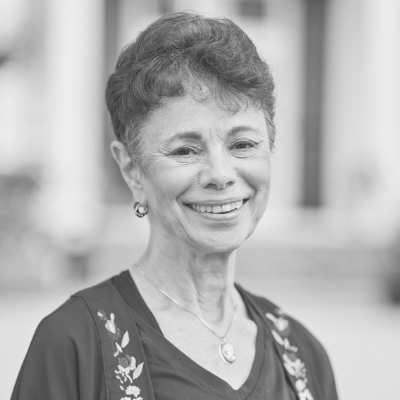
Dr. Juliana Geran Pilon is a senior fellow at the Alexander Hamilton Institute for the Study of Western Civilization. The author of eight books, including The Utopian Conceit and the War on Freedom and Why America is Such a Hard Sell: Beyond Pride and Prejudice, she has published over two hundred articles and reviews and makes frequent appearances on radio and television. Over three decades, she has also taught at the National Defense University, George Washington University, St. Mary’s College of Maryland, the Institute of World Politics, and currently at American University.
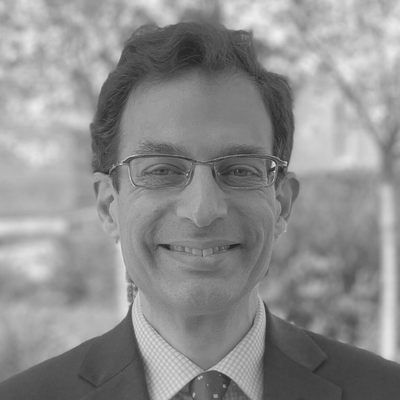
Dr. Seth D. Kaplan is a professorial lecturer in the Paul H. Nitze School of Advanced International Studies at Johns Hopkins University, senior adviser for the Institute for Integrated Transitions, and consultant to the World Bank, USAID, the U.S. Department of State, and OECD. He is the author of the Department of State’s Political Transitions Analysis Framework and co-author of the United Nations–World Bank flagship report Pathways for Peace: Inclusive Approaches to Preventing Violent Conflict and USAID’s Fragility Assessment Framework. He is also the author of Fixing Fragile States: A New Paradigm for Development, Betrayed: Promoting Inclusive Development in Fragile States, and Human Rights in Thick and Thin Societies: Universality Without Uniformity.
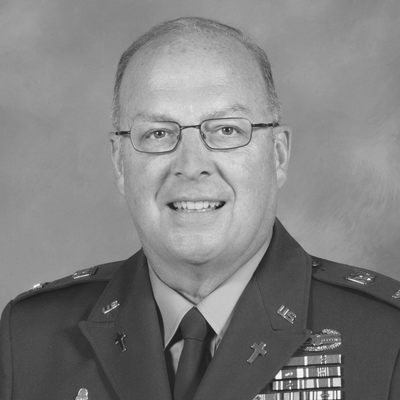
Chaplain (Colonel) Timothy Mallard is an assistant professor, director of ethical development, and college chaplain at the United States Army War College in Carlisle, PA. He is an honorary fellow of the University of Durham, a minister of word and sacrament in the Evangelical Presbyterian Church, and holds a Ph.D. in theological ethics from the University of Wales Trinity Saint David as well as the M.S.S., Th.M., M.Div. and B.A. degrees. He is a senior fellow of the Dietrich Bonhoeffer Institute and a member of the International Network for the Study of War and Religion, the International Society of Military Ethics, and the Society of Christian Philosophers. He has published over one hundred articles, book chapters, and papers and is the senior editor of A Persistent Fire: The Strategic Ethical Impact of World War I on the Global Profession of Arms.
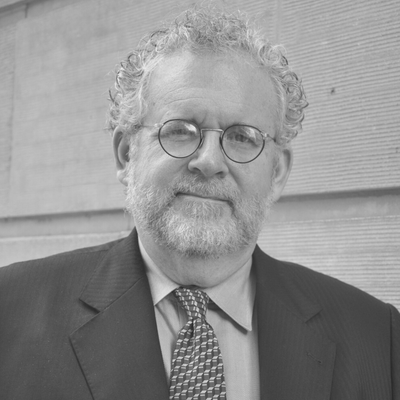
Prof. Walter Russell Mead was the Henry A. Kissinger Senior Fellow for U.S. Foreign Policy at the Council on Foreign Relations and Richard von Weizsäcker Fellow at the Robert Bosch Stiftung. He is currently a distinguished fellow in American strategy and statesmanship at the Hudson Institute. Professor Mead is the author of God and Gold: Britain, America, and the Making of the Modern World; Power, Terror, Peace, and War: America’s Grand Strategy in a World at Risk; and Special Providence: American Foreign Policy and How It Changed the World.
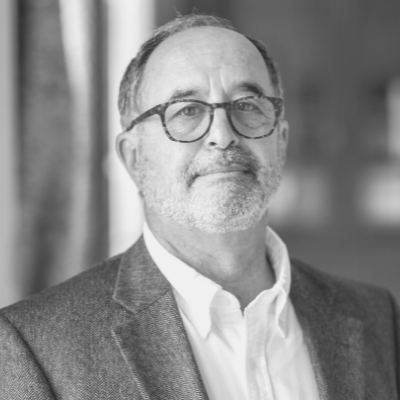
Dr. Joshua Mitchell is a senior fellow at Common Sense Society and a professor of political theory at Georgetown University. He has also been chairman of the government department and associate dean of faculty affairs at Georgetown University in Qatar. He has published several books including The Fragility of Freedom: Tocqueville on Religion, Democracy, and the American Future and American Awakening: Identity Politics and Other Afflictions of Our Time.

Adm. Michael Rogers served as commander of the U.S. Cyber Command, director of the National Security Agency, and chief of Central Security Service. Since becoming a flag officer in 2007, Rogers has also served as the intelligence director for both the Joint Chiefs of Staff and U.S. Pacific Command, and most recently as commander of the U.S. Fleet Cyber Command/U.S. 10th Fleet. Rogers is a graduate of Auburn University and was commissioned via the Naval Reserve Officers Training Corps. He is a distinguished graduate of the National War College and a graduate of highest distinction from the Naval War College. He is also a Massachusetts Institute of Technology seminar XXI fellow; Harvard senior executive in national security alum; and holds an M.S. in national security strategy.

Dr. Nadia Schadlow is a senior fellow at Hudson Institute. Dr. Schadlow was most recently U.S. Deputy National Security Advisor for Strategy. Prior to joining the National Security Council, she was a senior program officer in the international security and foreign policy program of the Smith Richardson Foundation, where she helped identify under-addressed strategic policy issues. She served on the Defense Policy Board from September 2006 to June 2009 and is a full member of the Council on Foreign Relations.
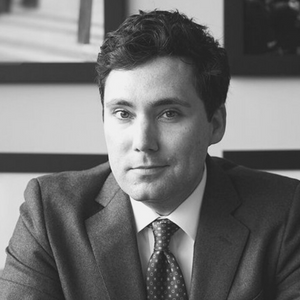
Mr. Marion Smith is the President and C.E.O. of Common Sense Society, which he founded in 2009. CSS is an international network that promotes the principles of liberty, prosperity, and beauty. He is a director and former chairman of Washington, D.C.’s National Civic Art Society, a former visiting fellow in the B. Kenneth Simon Center for Principles and Politics at The Heritage Foundation, and the former executive director and C.E.O. of the congressionally authorized Victims of Communism Memorial Foundation, a bipartisan educational, research, and human rights nonprofit. He graduated Phi Beta Kappa from South Carolina’s Wofford College and earned an M.A. from Central European University. His writings have been published in The Hill, Los Angeles Times, National Review, Politico, USA Today, The Wall Street Journal, and The Washington Post. He is a regular guest on network and cable television channels, including ABC, NBC, MSNBC, Fox News, CNN, and CSPAN.

Ms. Liza Tobin is the senior director of research and analysis for economy at the Special Competitive Studies Project (SCSP). Before joining SCSP, she served on the National Security Council staff as China director, where she led the development of multiple U.S. strategies and policies related to China, including on trade and economics, climate and the environment, military issues, and China’s influence beyond the Indo-Pacific. Before serving at the National Security Council, Ms. Tobin worked for more than a decade in various capacities as a China specialist for the U.S. government, including as a senior adviser at the U.S. Indo-Pacific Command and an economic analyst at the C.I.A., and in various roles in the private sector and academia. She holds an M.A. in international relations from the Johns Hopkins University School of Advanced International Studies, a graduate certificate from the Hopkins-Nanjing Center, and a B.A. from Gordon College.